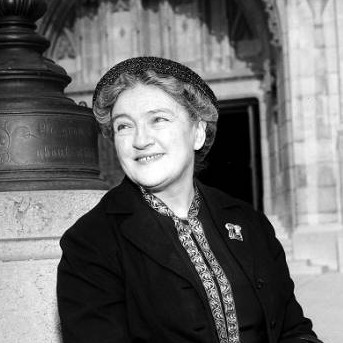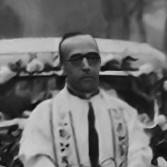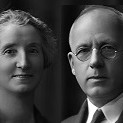Recipients - Person - Instytut Pileckiego
See also
- Ecaterina Olimpia Caradja (1893–1993)

awarded
Ecaterina Olimpia Caradja (1893–1993)
“Kurier Polski” published in Bucharest on 3 December 1939 was full of alarming headlines: “The Soviet attack on Finland”, “Executions and deportations.” One of them gave people hope: “Under the care of Princess Caragea. Home for mothers and chilldren.”
- Raymond Voegeli

awarded
Raymond Voegeli
(1894–1980)Helping those in need was the meaning of Father Raymond Voegeli’s life. Before the war, he was a member of the Camillians, whose main mission was ministering to the sick.
- Peter Fraser (1884-1950) Janet Fraser (1888-1945)

awarded
Peter Fraser (1884-1950) Janet Fraser (1888-1945)
In the autumn of 1944, the troopship USS General George M. Randall was moored at the coast of New Zealand, carrying 733 Polish children – mostly orphans – and their guardians.


